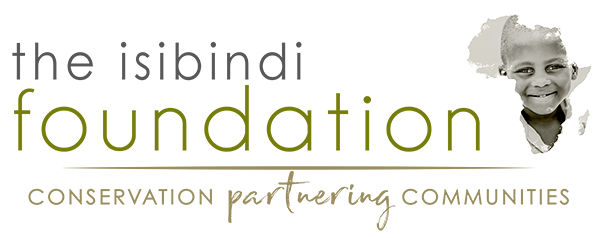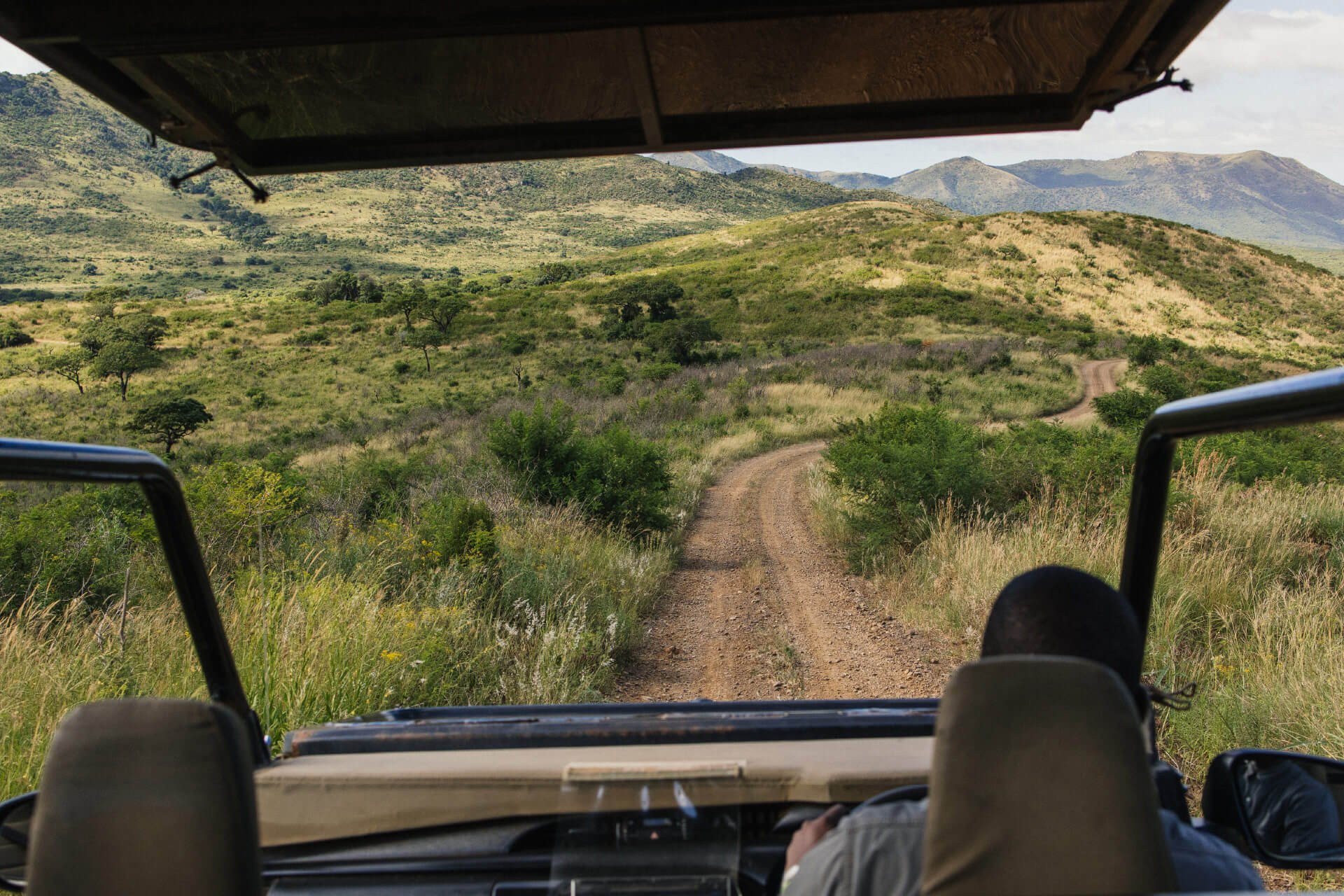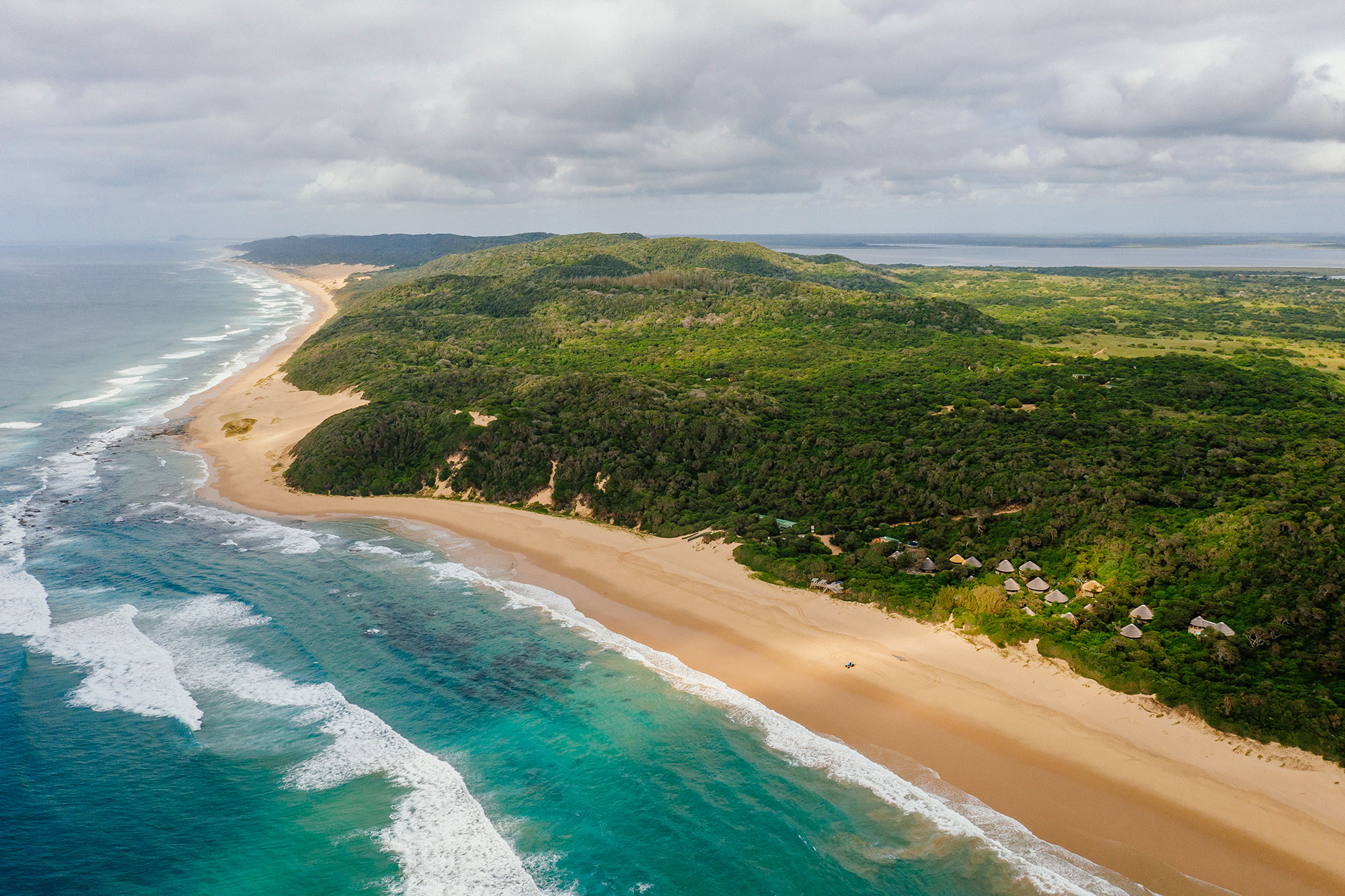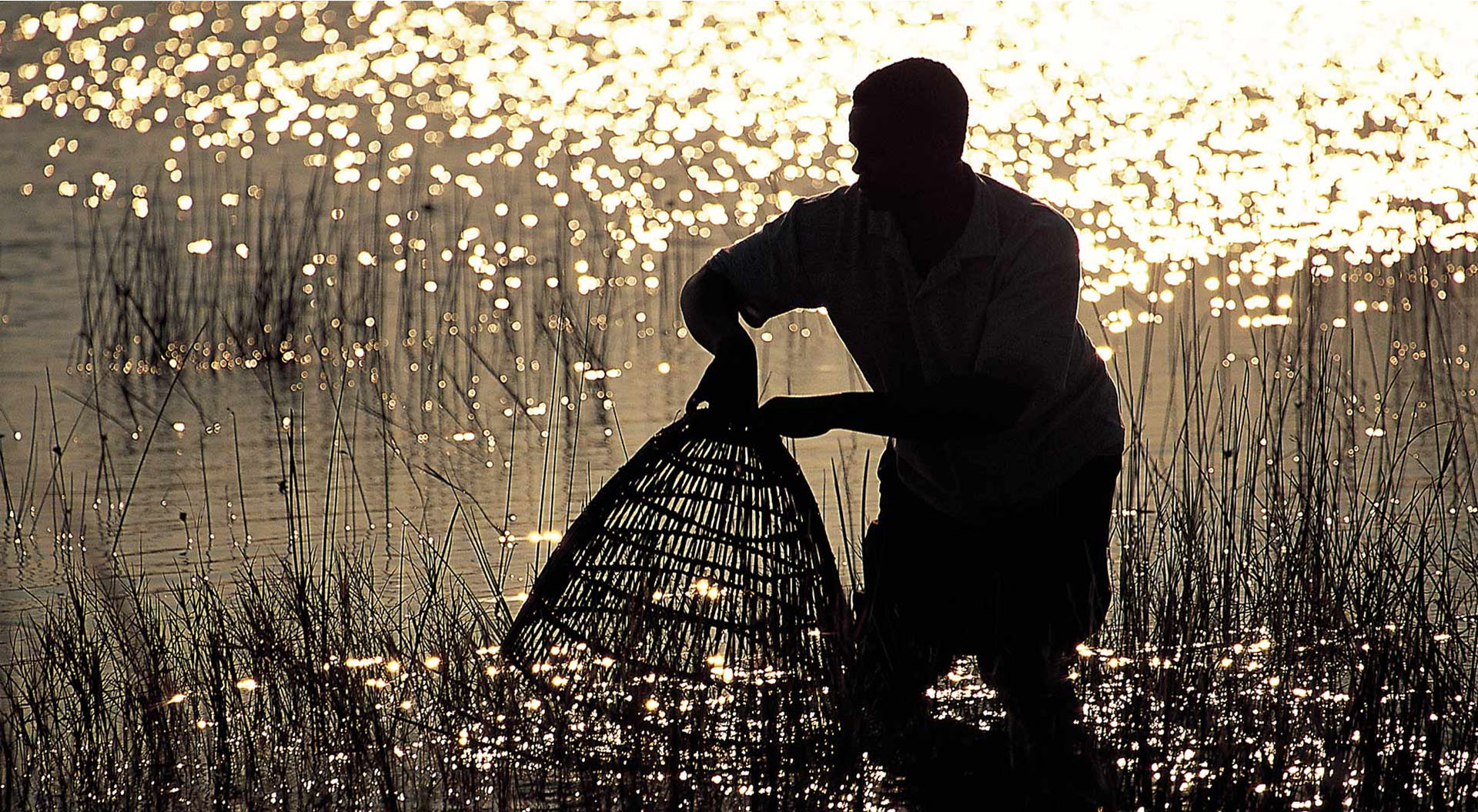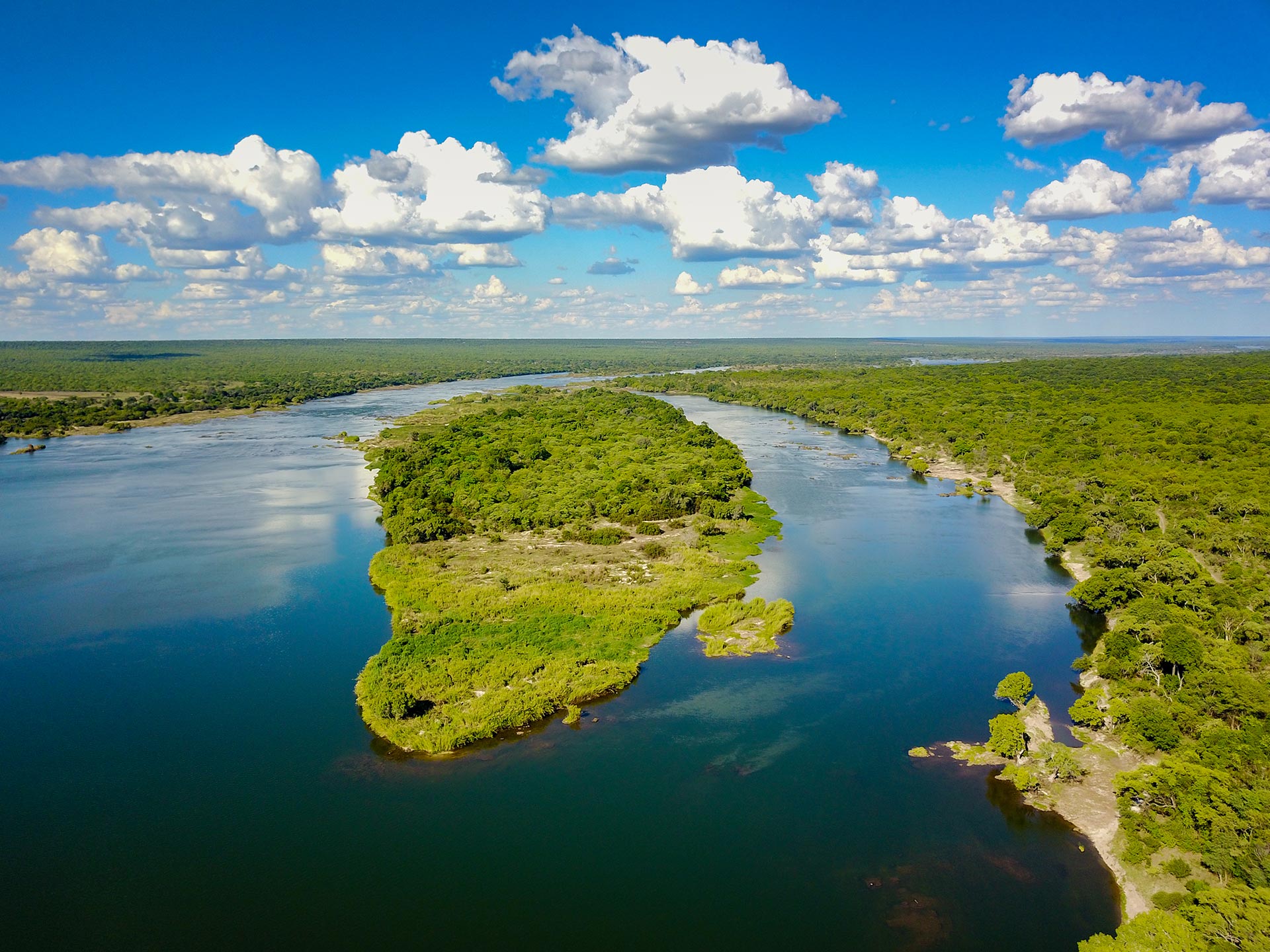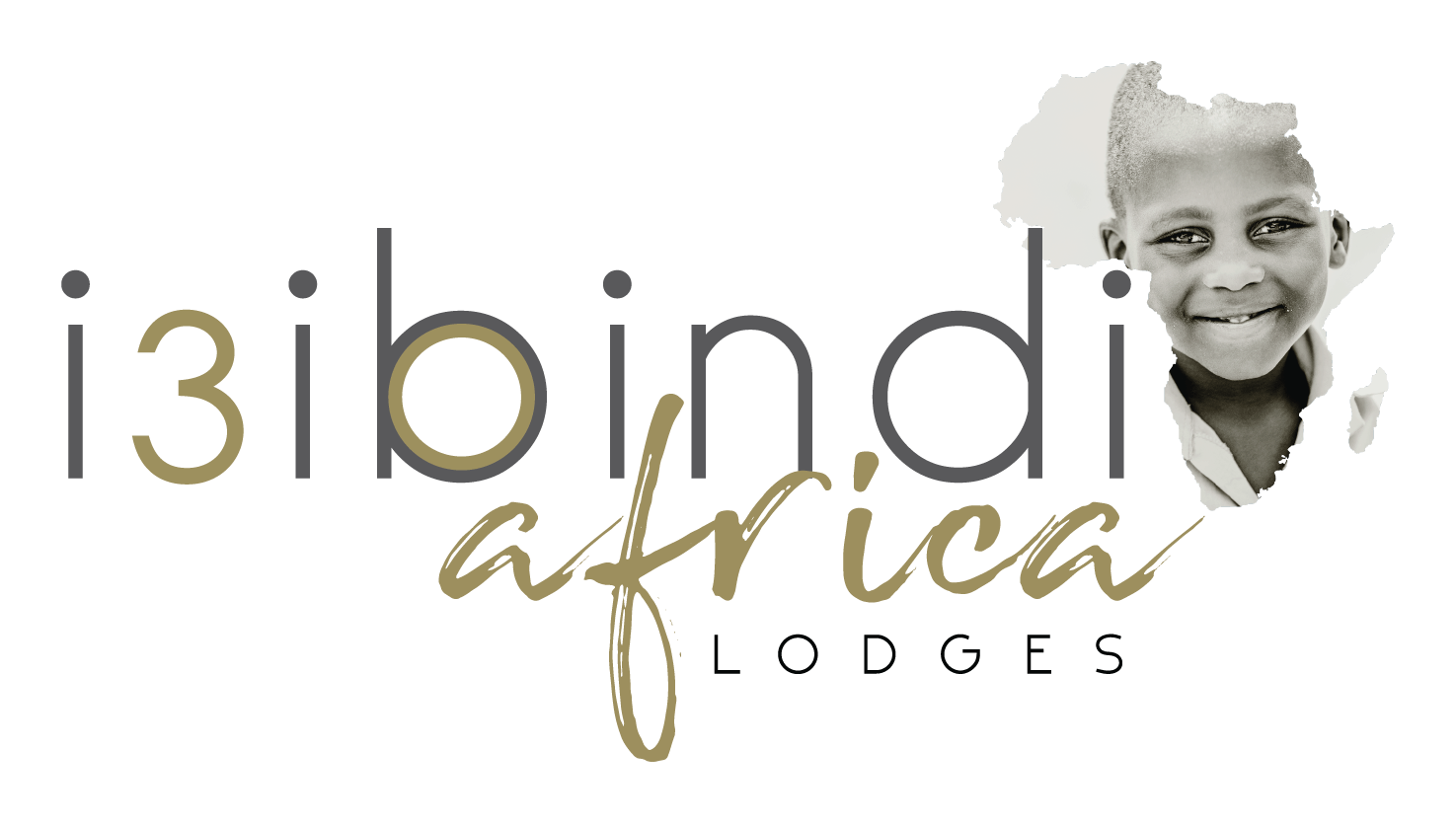A democracy of buffalo
Posted in:Wildlife
Posted on:February 14, 2019
If you want a perfect example of “ubuntu” (the African concept of ‘we exist because of one another’) in the animal kingdom, look no further than the African buffalo. These creatures are very protective of one another, and will gather around to take care of young, vulnerable, sick or elderly members of the herd. They are also a perfect model of democracy – when they are ready to travel to a new place, they all stand and turn in the direction they want to go. The highest number of “votes” wins, and the head female leads the herd in the chosen direction. The sizes of the herds are very large, and can reach around 1000 buffalo. They love to be near water, and to nap in the shade of trees on a hot day.
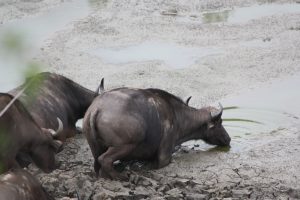
Keen to join this wallow?
You can tell a male buffalo by the size of his horns – they are massive, broadening into a heavy shield on the top of his head. The horns can be as long as 160 cm, and can be as wide as 90cm across the forehead. The female buffalo also has horns, but they are much smaller, and don’t have the thick shield across the forehead. Both males and females live to about 26 years of age. Females have one calf at a time, and after it is born the calf stays with its mother for 3 years.
Good hair day for this auntie
The African buffalo is about 1½ meters in height and between 1½ to 3½ meters in length, and can weigh up to 870 kg! They are dark grey or black in colour, and look a lot like bulls. They can be very aggressive towards humans, especially if they fear that the herd is being threatened.
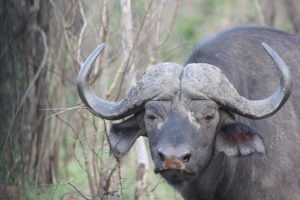
Gulp – he looks a bit unimpressed
It might seem strange for such a huge animal, but buffalo are vegetarians – their favourite food is grass and herbs! They also eat leaves from trees and bushes. There are plenty of African buffalo, with a population of around 900 thousand, so they are not endangered.
During your next stay at Rhino Ridge Safari Lodge, do feel free to make a specific request to see African Buffalo, which are plentiful in the uMfolozi-Hluhluwe game reserve. It is always an impressive sight and you may find yourself wishing to be part of their close-knit democratic big family.
